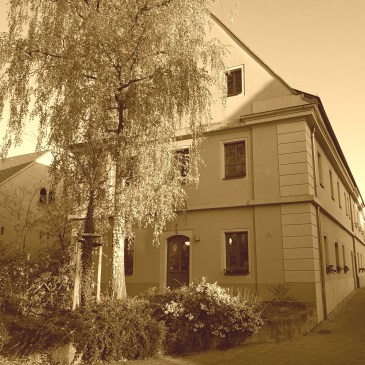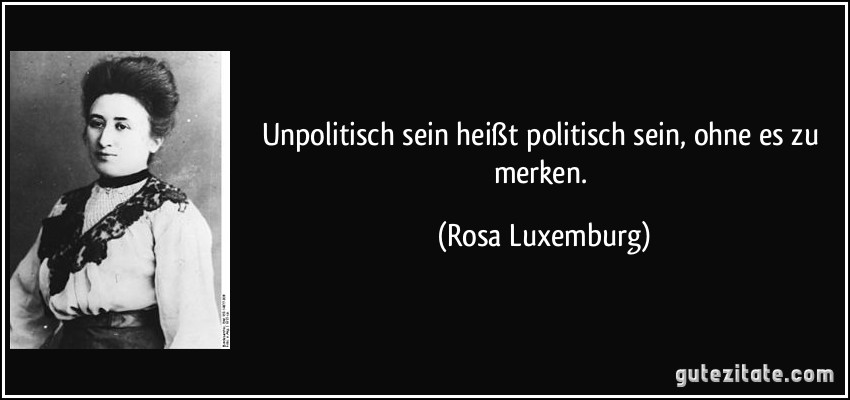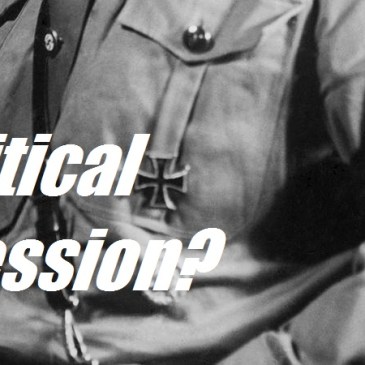Visiting a Historic Place: The Former Workhouse in Dresden (1)
What is it like, walking on the ground of a former “total institution” as Erving Goffman defined it in his book Asylum? For me, it was a strange mix of feelings: excitement connected with respect and somehow glumly feeling. But let us start from the beginning, and in this post series, I will invite you to join me visiting the former workhouse in Dresden while explaining its history, use, and its current state.
Continue reading “Visiting a Historic Place: The Former Workhouse in Dresden (1)”




